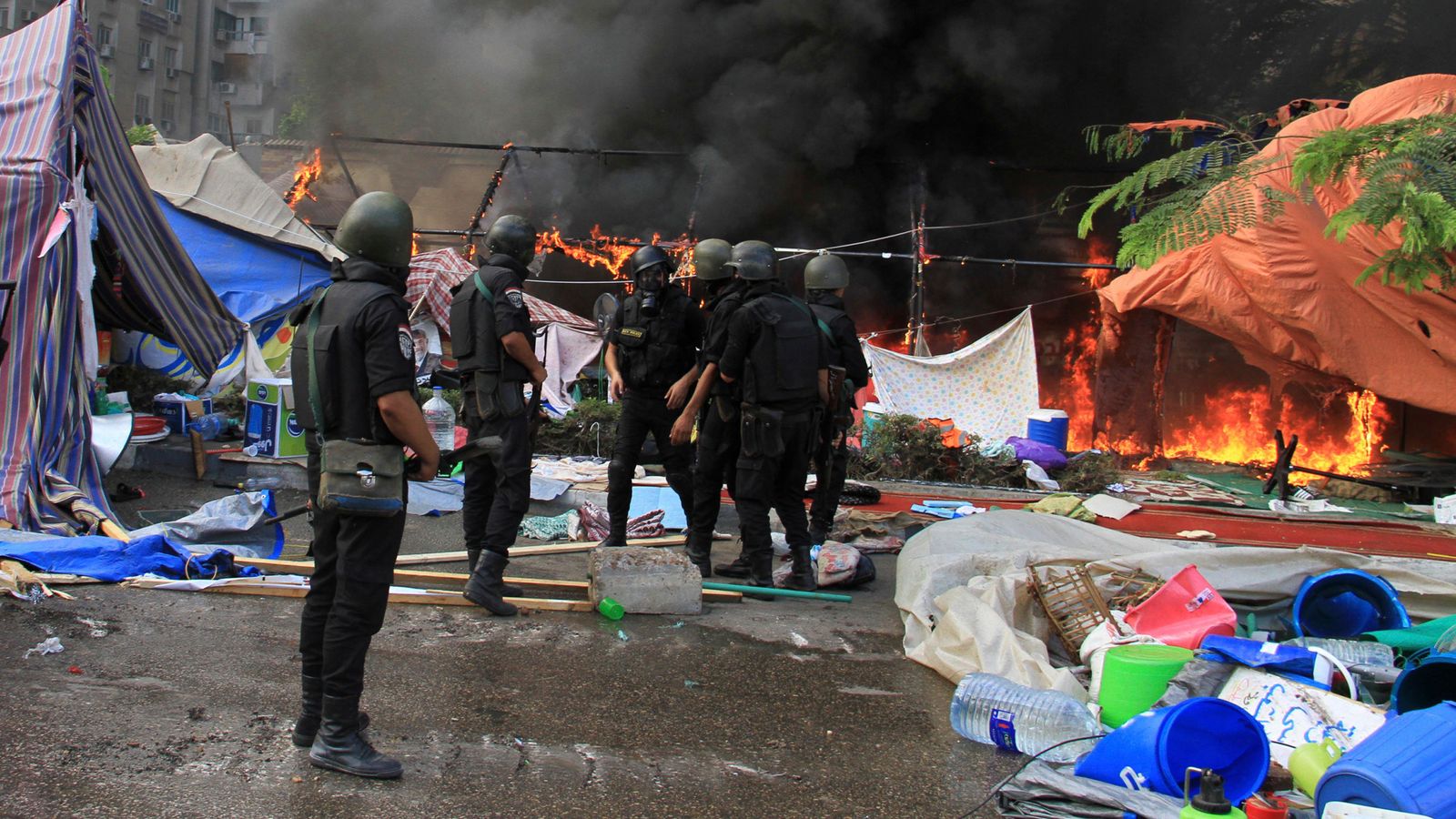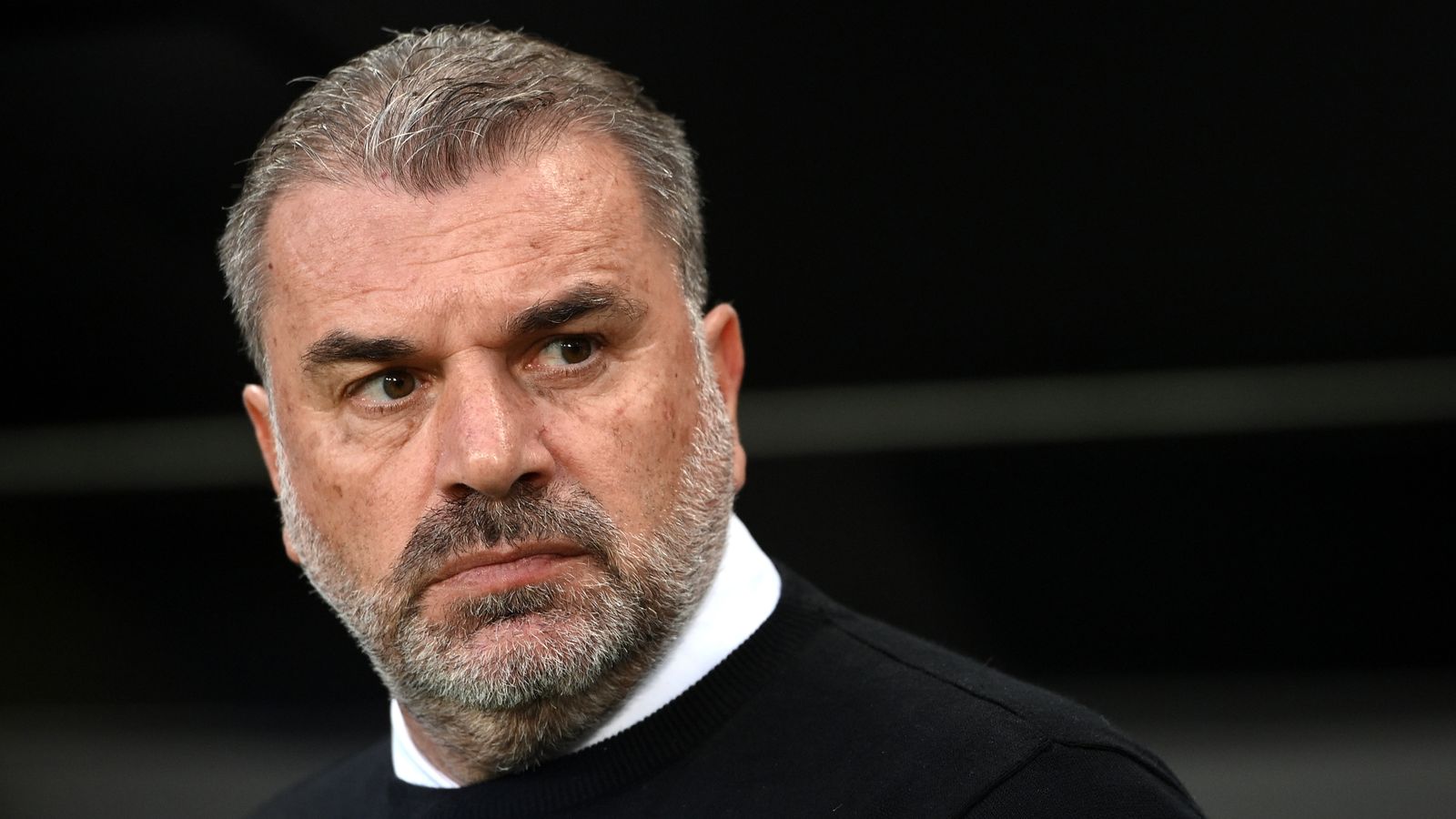Ten years ago, Egypt was in turmoil as tens of thousands of Egyptians flooded the streets to demand change, ending in a notorious massacre.
The crisis started with the Egyptian revolution of 2011 which ended with a military coup and installation of a counter-revolutionary regime in 2014.
On August 14, 2013, according to Amnesty International, more than 900 protesters – who had been taking part in two mass sit-ins in Cairo – were killed in just a few hours during a military crackdown on supporters of the country’s ousted president Mohamed Morsi.
Police and armed forces raided and violently dispersed the camps – one in al Nahda Square and a larger one at Rabaa Adawiya Square.
It was the third mass killing of Mr Morsi’s supporters since he was removed from power in July 2013, and followed six weeks of bloody clashes between protesters demanding his reinstatement and security forces loyal to the army-backed government of Field Marshal Abdul Fattah al Sisi.
The massacre was described by Human Rights Watch as the largest killing of demonstrators in a single day in recent history, and the “darkest of days in Egypt’s modern history” by Amnesty International.
“The Rabaa massacre was a turning point following which the Egyptian authorities have relentlessly pursued a zero-tolerance policy of dissent,” said Philip Luther, Middle East and North Africa research director for Amnesty International, in a statement on the 10th anniversary of the killings.
Among those who died on that day was Sky News cameraman Mick Deane.
He was killed by a single gunshot while a Sky News team were filming the protests against the military coup which deposed Mr Morsi.
The 61-year-old married father-of-two, who had worked for Sky for 15 years, had been gathering footage of a group of women reading the Koran when he was shot in the chest by a sniper.
Thousands of Mr Morsi’s supporters in the Egyptian capital had staged a six-week sit-in that was dispersed by government forces, sparking running street battles.
The movement was inspired by demonstrations in Tunisia.
The Arab Spring
Starting in 2010, protests in Tunisia sparked what has come to be known as the Arab Spring, which spread across and dramatically altered the political structure of much of the Arab world.
Escalating anti-government protests over corruption, poverty and unemployment spilt over into uprisings and eventually civil wars in several nations including Libya and Yemen, resulting in the ousting of the leaders in those countries, with the exception of Syria.
Be the first to get Breaking News
Install the Sky News app for free
Read more world news:
British rock star loses restaurant in Hawaii fires
Teenage boy survives 100ft fall in Grand Canyon
The protests across Egypt led to President Hosni Mubarak leaving office within weeks.
A presidential election in 2012 gave power to Mr Morsi and the Muslim Brotherhood, but Mr Morsi himself was deposed when Egypt’s military generals seized power in 2013.
Mr al Sisi then became president and imposed a police state, which has seen tens of thousands of Egyptians imprisoned and hundreds executed.
The country remains under military rule.








